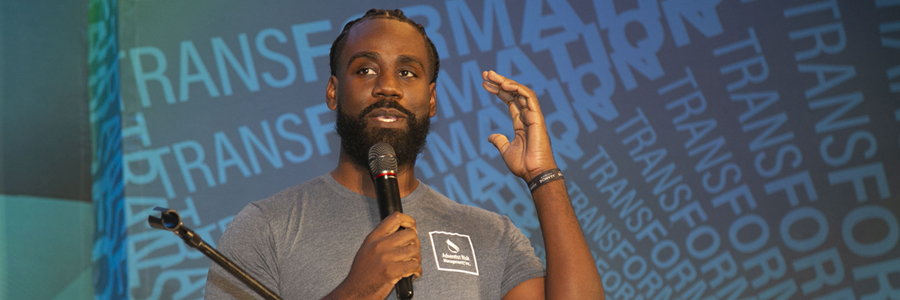If you were to receive an urgent appeal for donations from you pastor, would you send money? A Gallup poll from 2021 stated 36% of U.S. adults believe the ethical standards of religious leaders to be very high or high; only 14% rated them low or very low. This implies that many of us would donate without question. However, we are living in the golden age of fraud.
With the rise of a digital economy, scammers reach more targets via social media, text, and email now. According to the Federal Trade Commission, “In 2022, reported consumer losses to fraud totaled $8.8 billion,” an increase of 30 percent from 20211. Scams have become a prevalent issue, which appear in different forms, including identity theft, financial fraud, and faith-based schemes. With increased opportunities of being misled it is always important to stay vigilant and verify information.
Unfortunately, scammers also target churches. Common scams include fraudulent investment schemes, fake charity appeals, and phishing attempts. Although some insurance policies can help recoup some monetary losses resulting from certain fraud processes, some losses due to fraud may not be covered or may have limited coverage. Thus, the most cost-effective way to deal with this risk is to prevent it.
Additionally, while it is not possible to eliminate scam risk, it is possible to reduce it and to minimize fraud-related losses and other consequences through effective loss control measures2. Reduction of scam risk requires a thoughtful, comprehensive, and proactive approach. The following are a few ways to achieve this goal.
- Educate your congregation about common scams and how to recognize them.
- Always verify requests for money or information, especially if they come through email, text, or phone calls.
- Use secure payment methods and encrypted communication when managing financial transactions.
- Establish clear financial policies and procedures to prevent unauthorized transactions. Furthermore, conduct background checks on individuals who oversee finances. Keep in mind that while background checks are useful, individuals that commit fraud tend to be first time offenders, this is why having proper checks and balances in place is important.
- Implement robust cyber security measures to protect against online scams and data breaches.
The Seventh-day Adventist denomination has experienced fraud in a variety of ways over the years. One of the most disappointing ways is when the fraud is perpetuated by an individual that is known and trusted in church circles. We should be mindful that our trust should not be blind when we are stewards of our ministries.
One of the key ways we can prevent fraud or scams is to evaluate what is being presented through the question: “Is this the business of the church?” There are many pet projects, initiatives, and ideas that while not offensive in nature, are not the primary mission of the church. Who are we allowing into our pulpits, or giving access to our directory? When in doubt it is better to consult with your conference leadership who may know of reasons from elsewhere why you should not engage with a certain individual, program, or ministry. As Proverbs 11:14 reminds us, “For lack of guidance a nation falls, but victory is won through many advisers.”
Responding to Scams
If you fall victim to a scam, responding and recovering from it can be challenging. The diversity of scams requires fraud risk responses to be appropriate for the specific operation, environment, and fraud experience3. Here are steps to take:
- Keep records of all transactions, communications, and other related evidence
- Report the scam. Contacting relevant authorities such as the police and/or your conference administration.
- If the scam involved money, notify your bank or credit card company. This may be more challenging if the scam involved cash; however, it’s still a good practice to contact your financial institutions in case the scammer gained unauthorized access to them.
- Stay informed and be cautious. After getting scammed be leery of any unsolicited communication or offers.
Scams continue to pose a significant threat. Vigilance, skepticism, and education remain crucial tools in the fight against fraudulent activities. As technology evolves, so do the methods of exploitation, making it essential for our churches and schools to stay informed and proactive in their efforts to combat scams.
References:
- Lewis, Cora, and Adriana Morga. “People Are Losing More Money to Scammers than Ever before. Here’s How to Keep Yourself Safe.” AP News, AP News, 15 Nov. 2023, apnews.com/article/scams-phishing-robocalls-facebook-marketplace-291255fc54f4bef161cb6155af562d96.
- “ACFE Report to the Nations: 2022 Global Fraud Study.” 2022 ACFE Report to the Nations, legacy.acfe.com/report-to-the-nations/2022/. Accessed 2 Feb. 2024.
- Puig, Alvaro, et al. “Scams.” Consumer Advice, 25 Jan. 2024, consumer.ftc.gov/scams.


